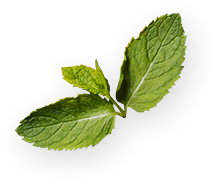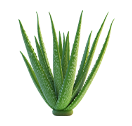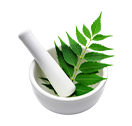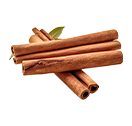Welcome to our Ayurvedic Store Deeksha Veda!
- Abhyangam
- About
- Ankylosing Spondylitis
- Anxiety
- Arthritis
- Ayurveda for Sports
- Back Massage
- Cart
- Checkout
- Consultaion
- Deha Prasadhanam
- Detox
- Detoxification
- Dhanyamla Dhara
- Diseases
- Eczema
- Eye Diseases
- Facial palsy
- FAQs
- Frozen Shoulder
- Hair and Beauty Care
- Head & Neck Massage
- Home One
- Indriya Prasadanam
- Infertility
- Insomnia
- Kati Vasti
- Kizhi
- Mano Prasadanam
- Mental Diseases
- Migraine
- Mukha Prasadanam
- Muscular Pains
- Nasyam
- Njavarakizhi
- Obesity
- Pada Abhyangam
- Pain Management
- Paralysis
- Parkinson
- Pizhichil
- Products
- Psoriasis
- Sciatica
- Services
- Shop
- Sinusitis
- Sirodhara
- Skin Diseases
- Snehapanam
- Spondylosis
- Stress Management
- Talapodichil
- Treatments
- Udwarthanam
- Weight Management
- Wellness
- Wishlist
- Wishlist
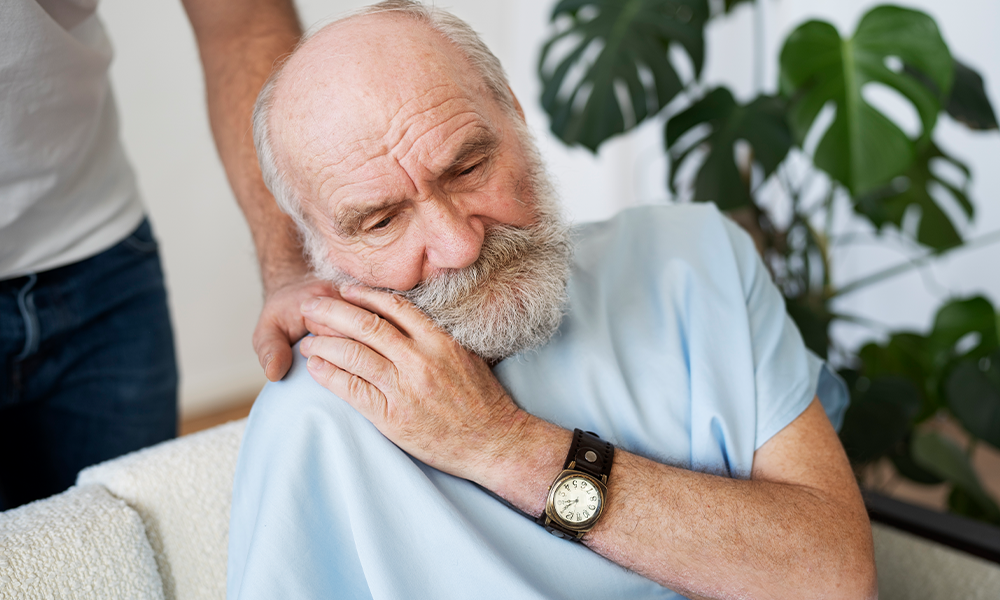
Parkinson’s Disease: Causes, Symptoms, and Ayurvedic Treatment
Parkinson’s Disease is a neurological disorder that affects movement and fine motor skills. It occurs due to the decreased production of dopamine, a neurotransmitter responsible for regulating mood, movement, and other bodily functions. In Ayurveda, Parkinson’s Disease is known as Kampa Vata and is primarily caused by the obstruction of Vata by Kapha dosha.
Causes of Parkinson’s Disease
While the exact cause of Parkinson’s disease remains unclear, several risk factors have been identified:
- Age: The risk increases with age, particularly in individuals over 60 years.
- Toxins Exposure: Use of certain chemicals, pesticides, and toxins.
- Chronic Inflammatory Diseases of the Brain: Conditions that cause prolonged inflammation in the brain can increase the risk.
- Chronic Stress: Ongoing stress may impact brain function and contribute to the disease.
Symptoms of Parkinson’s Disease
- Tremors: Especially noticeable in the extremities (hands, legs) when initiating movement.
- Bradykinesia: Slowness or sluggishness of movements.
- Rigidity: Stiffness in the upper and lower limbs, as well as the trunk.
- Balance and Coordination Issues: Difficulty maintaining balance while walking or standing.
- Speech, Writing, and Swallowing Difficulty: Impairment in fine motor skills affecting these functions.
- Sleep Disturbances: Trouble falling or staying asleep, leading to exhaustion.
- Mood Changes: Depression, anxiety, and other emotional fluctuations are common.
Ayurvedic Treatments for Parkinson’s Disease (Kampa Vata)
At Deeksha Veda Ayurvedic, we offer a holistic treatment approach aimed at managing Parkinson’s Disease by addressing the root cause of Vata-Kapha imbalance and stimulating the nervous system. Our Ayurvedic therapies are tailored to provide relief from symptoms and prevent further progression of the disease.
- Udwarthanam (Herbal Powder Massage):
- A therapeutic massage using herbal powders to reduce body stiffness, improve circulation, and stimulate muscle movement.
- Helps in reducing the sluggishness of movement (bradykinesia) and promotes flexibility.
- Dhanyamla Dhara (Fermented Rice Water Therapy):
- A rejuvenating treatment where fermented rice water is poured over the body to relieve rigidity and promote circulation.
- Known to reduce stiffness in joints and muscles, helping restore mobility.
- Abhyanga (Therapeutic Oil Massage):
- A deeply relaxing full-body massage using medicated oils to nourish the body and relax the muscles.
- Helps in strengthening muscles, improving muscle tone, and reducing rigidity.
- Kizhi (Herbal Pouch Therapy):
- A treatment using herbal bundles or pouches filled with medicinal herbs that are applied to specific areas of the body.
- Ideal for relieving pain, stiffness, and improving circulation in affected areas.
- Pizhichil (Warm Oil Therapy):
- A rejuvenating therapy where warm, medicated oils are poured over the body in a continuous stream to relieve stress, promote relaxation, and restore vitality.
- Strengthens the nervous system and reduces muscle stiffness.
- Njavarakizhi (Rice and Milk Therapy):
- A therapy using a mixture of rice and milk that is applied to the body to enhance muscle strength, nourish tissues, and improve mobility.
- Especially beneficial for those suffering from stiffness and muscle weakness.
- Shirodhara (Oil Stream on the Forehead):
- A calming therapy where a continuous stream of warm medicated oil is poured onto the forehead, soothing the mind and stimulating brain function.
- Helps reduce mental stress, enhance clarity, and support brain health.
- Thalapodichil (Herbal Paste on the Head):
- A treatment where herbal pastes are applied to the head to balance the Vata dosha, soothe the mind, and improve cognitive function.
- It helps to reduce mental fatigue and boost concentration and memory.
- Nasyam (Nasal Therapy):
- Herbal oils or powders are administered through the nostrils to clear blocked nasal passages, balance the nervous system, and improve brain function.
- Helps stimulate nerve activity and reduce symptoms of Parkinson’s.
Consultation and Guidance
Before starting any Ayurvedic treatment, it is essential to consult with an experienced Vaidya (Ayurvedic Doctor) at Deeksha Veda Ayurvedic for a detailed assessment of your condition. Based on this evaluation, a personalized treatment plan will be designed, including internal medications, dietary recommendations, and lifestyle changes in addition to Panchakarma therapies.
Benefits of Ayurvedic Treatment for Parkinson’s Disease
- Alleviates symptoms like tremors, rigidity, and slowness of movement.
- Stimulates and nourishes the nervous system to improve motor function.
- Reduces the progression of the disease by restoring the balance of Vata and Kapha doshas.
- Improves sleep quality, mood, and overall well-being.
- Helps enhance mental clarity and reduces stress and anxiety.
Deeksha Veda Ayurvedic offers a comprehensive and holistic approach to managing Parkinson’s Disease. Book your consultation today and take the first step toward restoring balance and improving quality of life.

